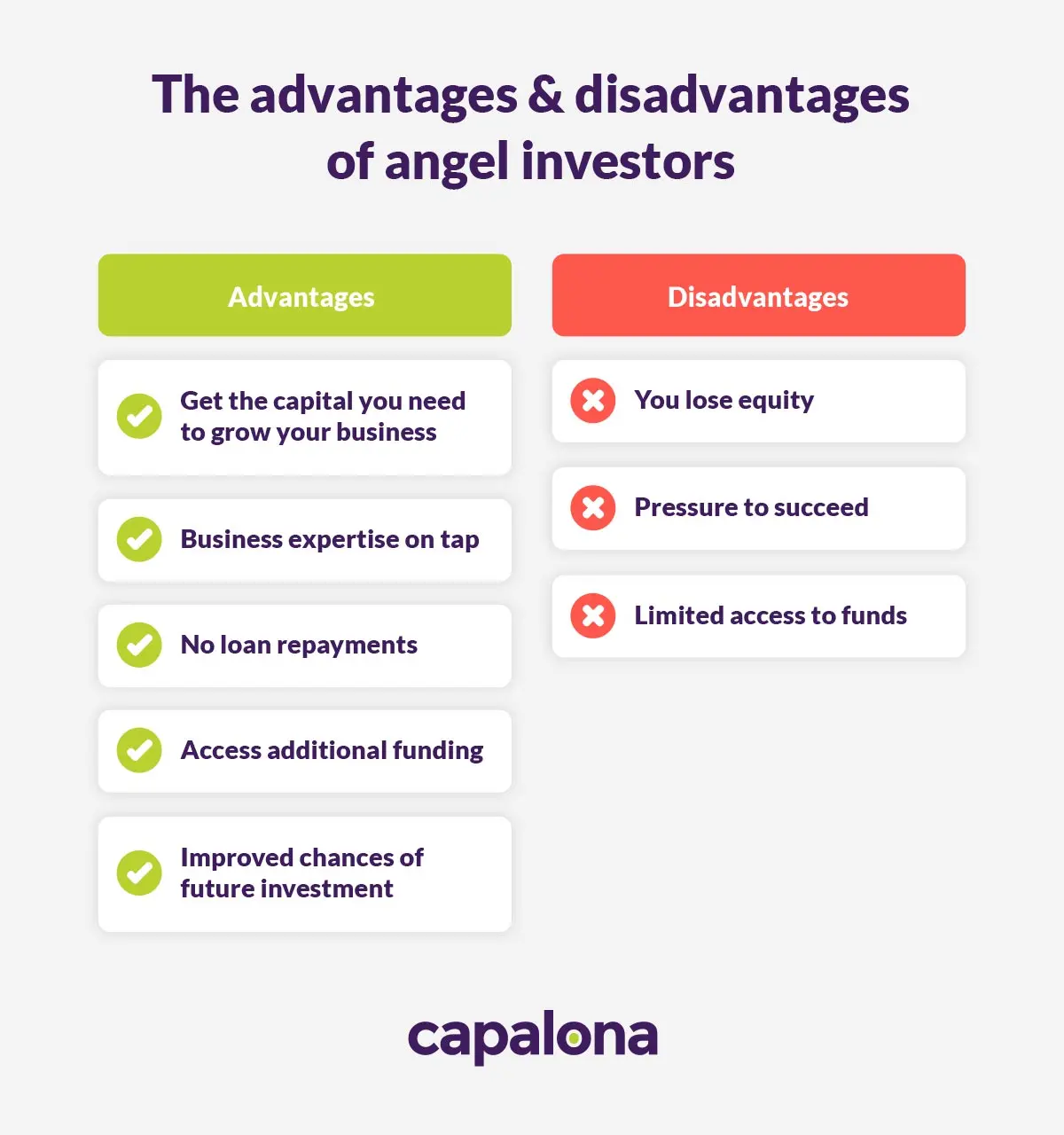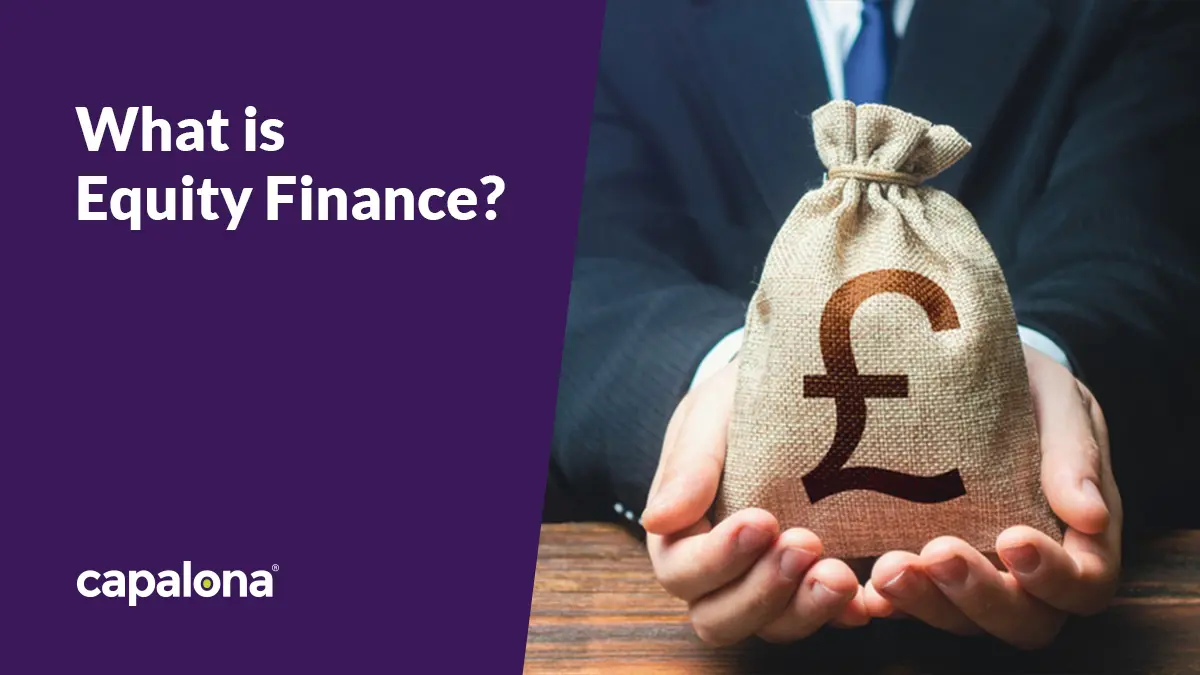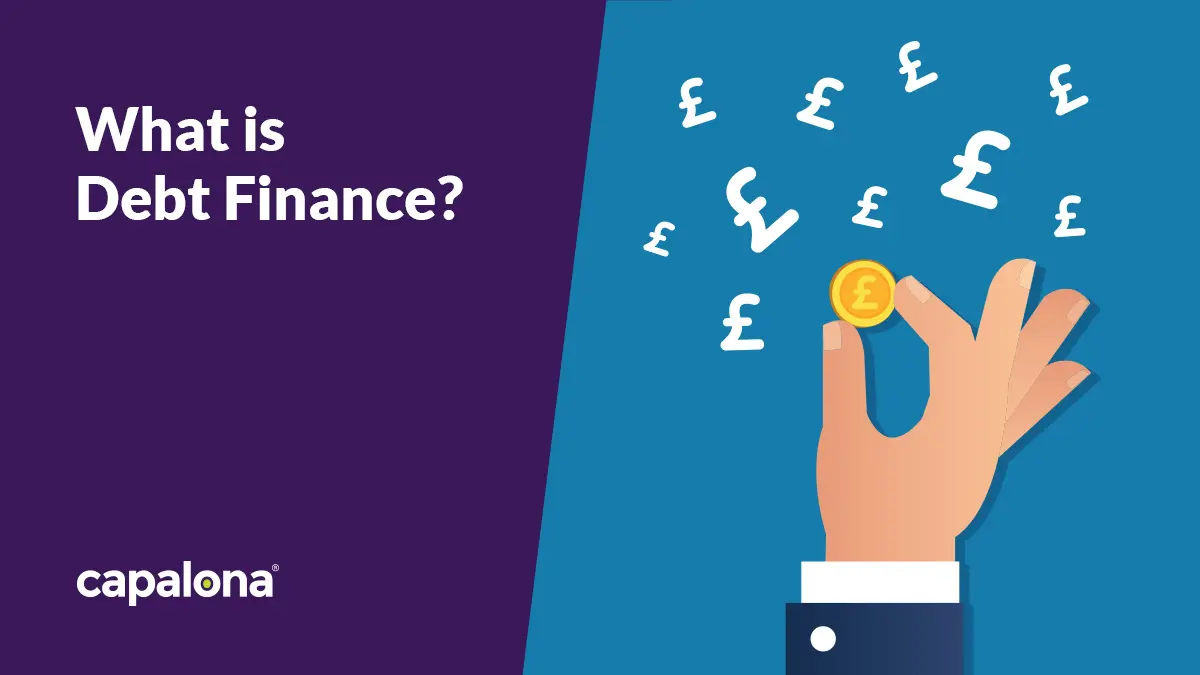If you’ve got an idea for a business or built your prototype, you’ll likely need working capital to get your product to market and grow.
Working with an angel investor is one of the most popular ways to get early funding. And with over 10,000 angel investors in the UK alone, there are plenty of opportunities to partner with one to access the funds you need, build valuable industry relationships and tap into entrepreneurial mentorship at the same time.
So, if you’re considering seeking angel investment or want to learn more about it, keep reading.
What is an angel investor, and how do they work?
Angel investment is a type of private equity investing; the angel investors (known as business angels) are wealthy individuals who give startups and small businesses working capital in exchange for an equity stake in the company. Angel investors usually own multiple businesses and invest in many others. These investors aren’t just sought after for their money; they’re knowledgeable about business strategy and typically have industry connections to help you grow your business quickly or get a product to market fast.
After finding a suitable angel investor, they’ll purchase a percentage of ownership equity in your company, with some requesting a seat on the board. Your relationship with your angel investor is yours to define, with some wanting a hands-on approach and others just offering seed money or regular cash injections. Angel investor requirements vary depending on business type, so find an investor who can help you reach your goals.

Angel investors vs venture capitalists: what’s the difference?
There are plenty of opportunities to secure investment for your startup or small business, including venture capitalists. Both invest in businesses, but they come with some differences. For example, venture capitalists look for more established businesses to invest in, and they’ll usually invest a considerable amount more than angel investors.
Angel investors invest their own money instead of investing from pooled funds, which is what venture capitalists do. So if you’re in the early prototype stages looking for entrepreneurial mentorship, an angel investor will suit you best.
Other differences between angel investors and venture capitalists:
- VCs are more profit-focused, whereas angel investors are interested in the business as a whole.
- VCs will conduct thorough research before investing a penny, but you’ll find angel investors likely to back businesses that align with their interests or based on their rapport with the business owner.
- Angel investors work alone, and venture capitalists are professional investors working for a company.
5 things to look for in an angel investor
When searching for an angel investor, you must find someone you can trust and work closely with. After all, this individual will have ownership equity in your business.
1. Shared goals
Talk about your hopes and dreams for the business and ensure the investor’s vision aligns with yours. As a part owner of your business, the investor can make decisions about the future of your business, so you need someone striving for the same outcomes.
2. Industry experience
This goes without saying, but you need an angel investor with demonstrable experience in your industry. The better they understand your industry, the better positioned you’ll be to grow rapidly.
3. Experience in investing
Aside from industry experience, if your angel investor has investing experience, that makes the process much more familiar; if it’s your first time accepting an investment, then having at least one of you with experience is helpful.
4. The ability (and desire) to mentor you
If you’re looking for an angel investor who can share their pearls of wisdom with you, look for one who is willing and able to mentor you. Mentorship can be time-consuming, and not every investor wants to take a hands-on approach, so be clear with your expectations from the start to avoid disappointment.
5. Financial stability
One of the main reasons for working with an angel investor is to raise much-needed capital for business growth. Make sure they have a high net worth and are willing to invest further funds should the business require.

Advantages of angel investors
By partnering with an angel investor, you can enjoy these benefits:
- Get the capital you need to grow your business. These funds can help you get your startup off the ground. Getting finance for startups, particularly from high street lenders, can be tough, so angel investment helps make your product dreams a reality.
- Business expertise on tap. Angel investors have a wealth of business experience, and with experience comes knowledge. Take their mentorship and learn from their mistakes while accessing their vast industry contact book.
- No monthly loan repayments. Unlike traditional finance, you don’t have to repay the money you receive as the investor takes an equity stake in your business. Therefore, an angel investment could be seen as a type of interest-free loan.
- Access to additional funding. The angel investor can lend you further funds later down the line. Meanwhile, with a loan, you apply for a specified amount, and once it’s spent, you have to re-apply.
- Improved chances of future investment. Other types of investment, including venture capital, are easier to secure if you’ve already had angel investment.
Disadvantages of angel investors
As with any investment, there are drawbacks to angel investment.
- You lose equity. You're no longer the sole decision maker by giving away a percentage of equity in your business (usually around 20 to 25%). Instead, you must make decisions together, and opinions won’t always align.
- Pressure to succeed. Angel investors want to see high growth in the businesses they invest in; this can add unwanted pressure to meet KPIs and objectives. This can create tension in your professional relationship.
- Limited access to funds. Although investors can provide multiple cash injections, you’re limited to the money in their bank account. Other business finance options like venture capital or business loans might be more suitable if you need substantial capital.
How can business owners find angel investors?
There are plenty of angel investment networks and associations you can search through to find your perfect match, including Angel Investment Network and UK Business Angels Association. But they aren’t the only places you’ll find angel investors.
There’s nothing stopping you from searching social media and contacting angel investors directly. Perfect your elevator pitch, as you’ll need to capture their attention quickly. You can also find a list of top UK angel investors on Crunchbase, and don’t rule out attending industry events or pitching competitions to raise your profile further.
If angel investors aren’t a viable option for you, there are plenty of other ways to find investors for your small business, including asking family and friends, investing personal funds or applying for business grants.
Alternatives to investment
Finding a suitable angel investor takes time. So, if you don’t have time to research your options, you might want to consider a business loan instead, including unsecured and secured business loans.
Our loan comparison tool helps you find and compare suitable loan types based on your business needs. There’s no obligation to proceed with any loan offers you’re given, and the process won’t affect your credit score. Compare business loans.






